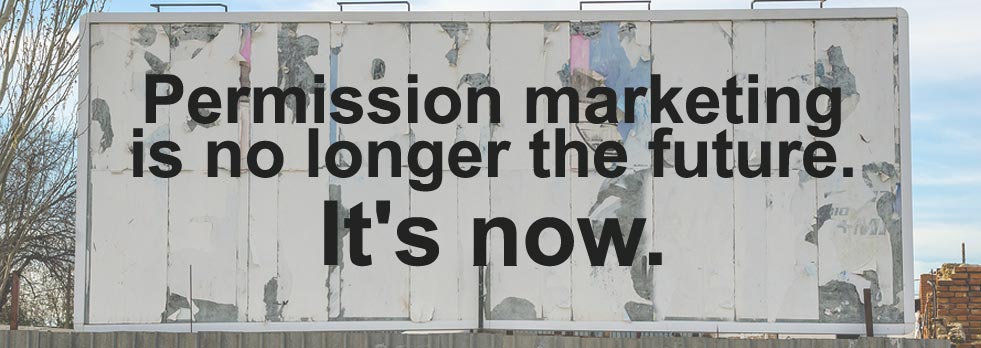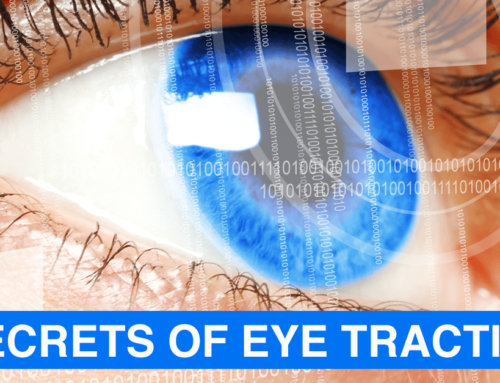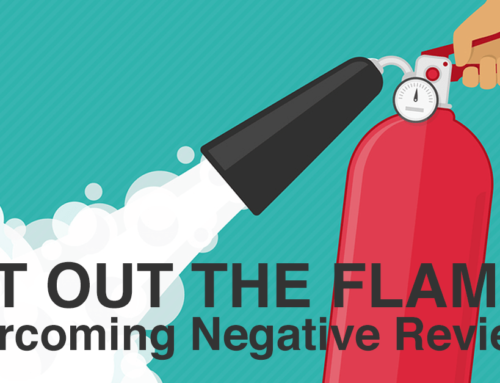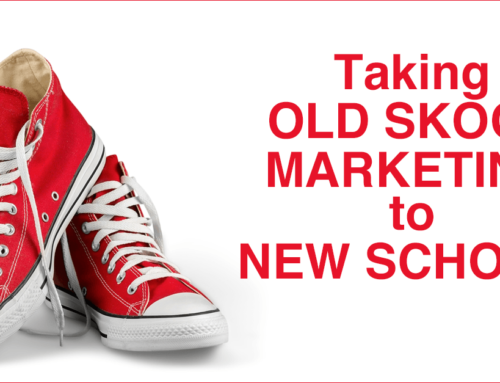On rare occasions, a podcast will stop me in my tracks. A few weeks ago, on Six Pixels of Separation, Mitch Joel interviewed Seth Godin, the godfather of permission marketing. A conversation with these two is bound to be profound – they are the canaries in the marketing coalmine – but this one was truly jawdropping. In “Ad Blocking and the Future of Advertising with Seth Godin“, released October 18, Godin and Joel dug deep into the state of the marketing nation, and it isn’t pretty.
Permission Marketing
Over 15 years ago, Godin wrote his soothsaying book Permission Marketing. And 15 years later, Godin’s forecast, although a little slower than expected, is seriously coming to be fact. In short, we the audience, are saying ENOUGH to the advertisers. So where do we go from here?
Big Idea: The Benefit of Scarcity
The first big idea that Godin outlines is that scarcity drove the rise of the advertising industry, in both print and television. But the internet changed that, the first platform not built to support the ad model. Supply and demand has lead the race to the bottom on the ad business. Infinite online supply has really taken a toll on traditional advertising. The returns are simply fading to black.
Big Idea: Capturing Attention
The second big idea discussed was capturing attention. When practically everyone on earth can be a broadcaster (on a number of robust platforms), the market became fragmented and the business models changed. Media companies continually race to find advertisers, but all we get is more annoying ads, so now consumers are turning them off with ad blocking.
Big Idea: Getting Permission
Clearly the main idea that Godin has recommended for years is getting the audience’s permission, a tricky but powerful tool for marketers. Permission marketing is black & white – if the recipient welcomes your message, then it comes with permission (and if it doesn’t it’s spam). Your role as a marketer is to build those relationships and gain permission.
Big Idea: Disruption & Mobile Devices
The next big idea Godin introduced is the amazing amount of disruption happening around us. In a nutshell, the Internet doesn’t care what came before it. “It [the internet] is the first mass medium in our lifetime that was not invented by advertisers,” said Godin. Advertisers have more tools, varifiable metrics and options, but it’s harder than ever to penetrate the noise. “In a mobile environment,” adds Godin, “spam is considered even more invasive.” The disruption of mobile devices, which are fast becoming the home of the majority of online interactions, has really eroded traditional ad models.
As an example, Godin argues that when they write the history of Twitter, the single biggest mistake was their decision to interrupt people. Instead of making it a simple, profitable subscription communication platform, they went the ad route.
Godin finalizes his disruption point noting that advertisers had 15 years to get it right and blew it. They didn’t earn trust and permission.
Big Idea: Are analytics Fool’s Gold?
The next big idea, one that Godin skewers, is analytics. “People buy attention by the pound and data by the ton,” Godin said. The data we’re paying for is not really worth very much at all and requires a huge investment in lots of data to really have an accurate picture. The company doing the best job is Amazon, who have established a comfortable working relationship with their customers. Godin and Joel had a number of examples of things we search for but that don’t apply, and showcased the ridiculous number of online trackers we encounter online.
Big Idea: Curating an Audience
Moving toward resolution, Godin stresses the important of curating an audience. He suggests finding your core audience and forget trying to reach the maximum number of people — just the people who are truly qualified. People pay more for good content, with fashion magazines being an example (they’re mostly ads, but it’s premium placement for a curated audience).
For those who master their audience, they become kingmakers. If you curate an audience, you can become a spokesperson for products.
If you’re in online marketing, I strongly encourage you to listen to this episode. If you’re like me, you’ll be thinking about the ramifications on a regular basis, whether you’re being pitched or pitching. Permission marketing is no longer the future. It’s now.





![Video Engagement [Infographic]](https://twistedpuppy.com/wp-content/uploads/2017/08/twisted-puppy-blog-video-engagement-1-500x383.png)


[…] to get” for a long time, and now that is nearly an expectation. Seth Godin’s Permission Marketing is founded on the idea of reciprocity. I’ll give you my email address to get something I […]